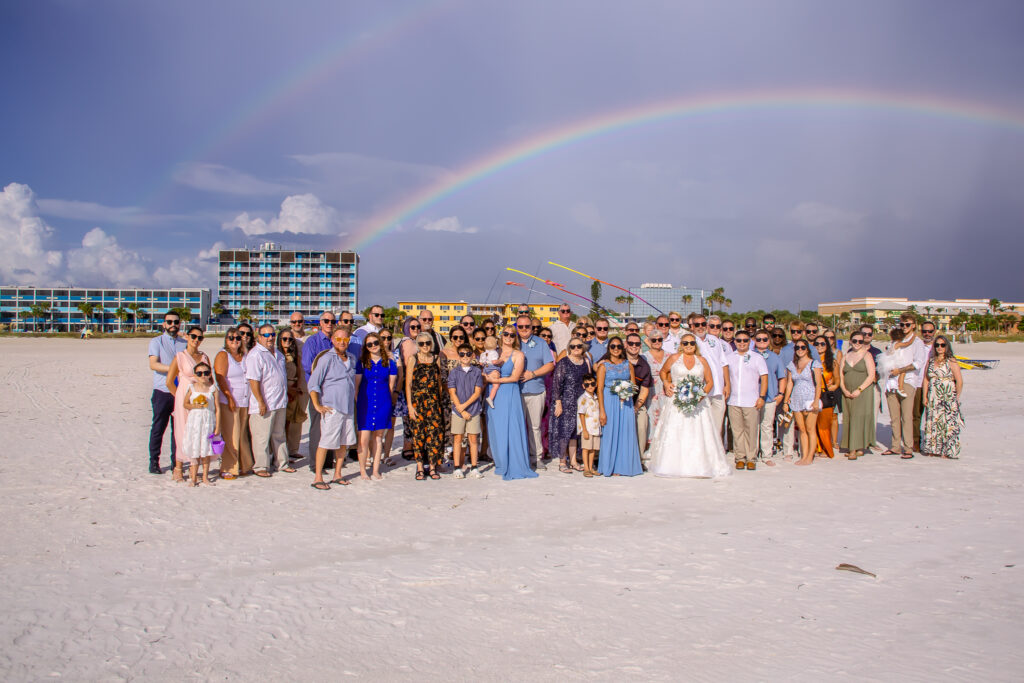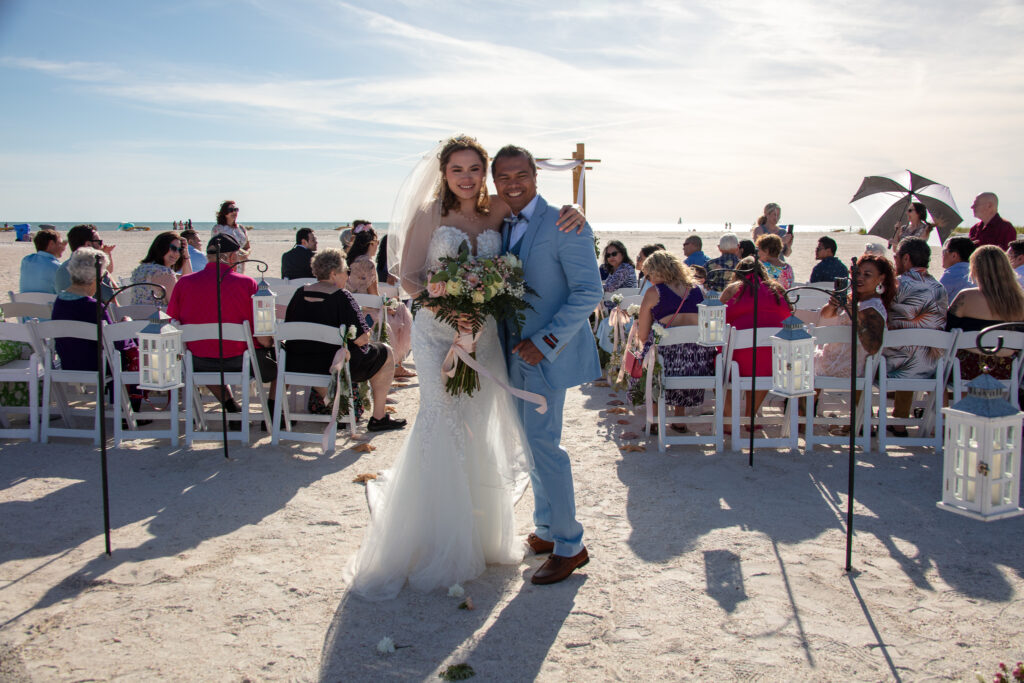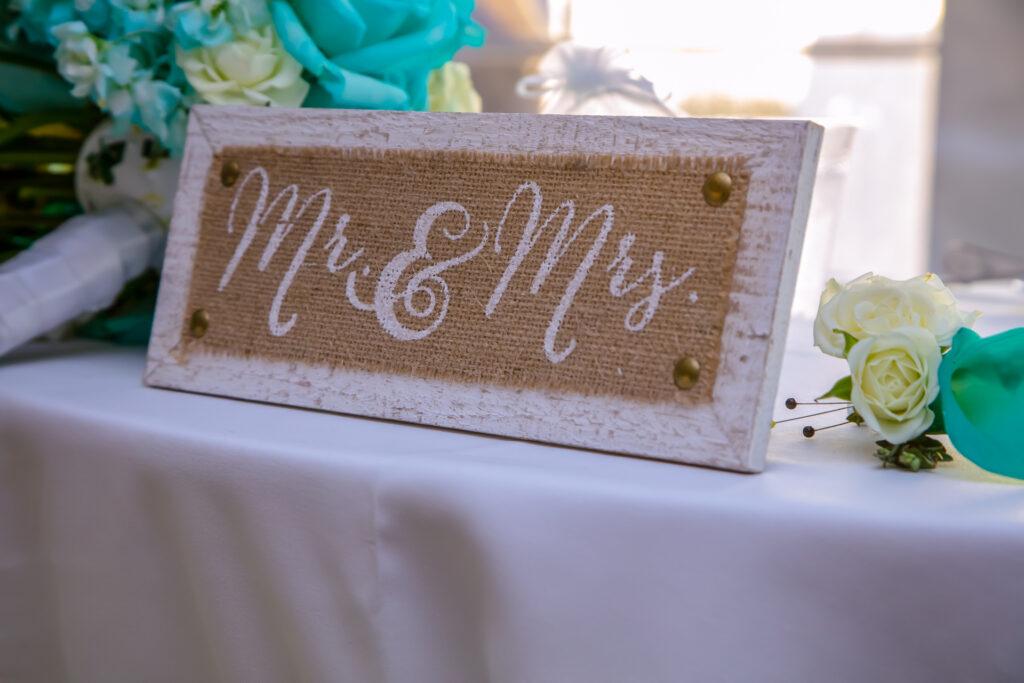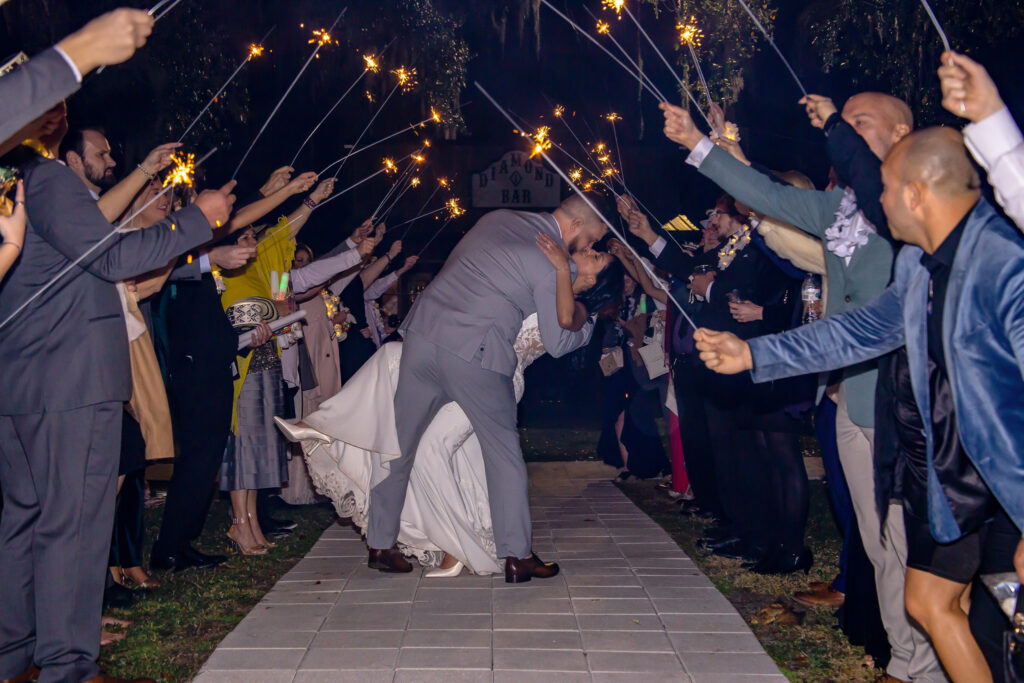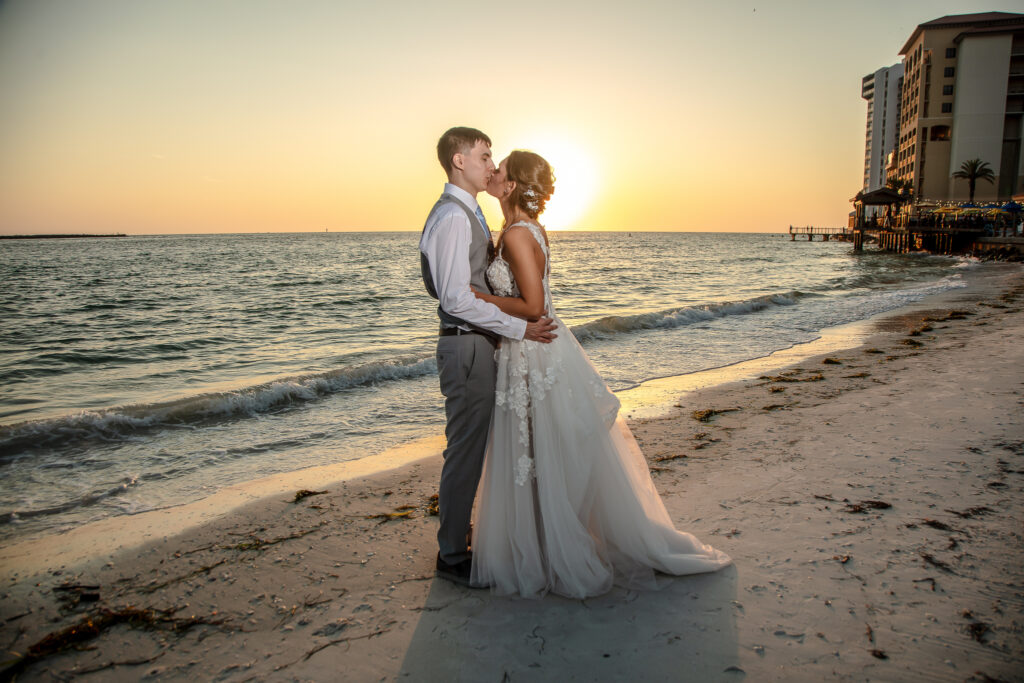Planning a wedding can be an exciting yet daunting task, requiring careful consideration and organization. Here is a guide to the beginning steps of planning a wedding:
- Define Your Vision:
- Sit down with your partner and discuss your vision for the wedding. Consider themes, colors, and overall atmosphere. This will set the tone for the entire planning process.
- Set a Budget:
- Determine how much you are willing to spend on your wedding. Establishing a budget early on will help you make informed decisions throughout the planning process.
- Create a Guest List:
- Draft a preliminary guest list. The number of guests will impact the venue, catering, and other aspects of the wedding. Be realistic about the size of your celebration.
- Choose a Date and Venue:
- Select a few potential dates for the wedding and start researching venues. Popular venues may be booked well in advance, so it’s essential to secure your date early.
- Research Vendors:
- Identify potential vendors such as photographers, florists, caterers, and musicians. Read reviews, ask for recommendations, and schedule appointments to meet with them.
- Hire a Wedding Planner (Optional):
- If you find the planning process overwhelming, consider hiring a wedding planner. They can help with logistics, vendor coordination, and ensuring everything runs smoothly on the big day.
- Book Key Vendors:
- Once you’ve made decisions on your key vendors, book them as soon as possible to secure their services for your wedding date.
- Create a Wedding Website:
- Build a wedding website to share details with your guests, such as the date, venue, and registry information. This is a convenient way to keep everyone informed.
- Explore Wedding Attire:
- Begin researching and trying on wedding attire for both the bride and groom. Don’t forget about bridesmaids’ and groomsmen’s attire as well.
- Start a Registry:
- Create a wedding registry to make it easy for guests to select gifts. Include a variety of items at different price points to accommodate all budgets.
- Consider Save the Dates:
- If your wedding is a destination or during a busy season, send out save-the-date cards to give your guests ample time to plan.
- Legalities and Paperwork:
- Familiarize yourself with the legal requirements for getting married in your chosen location. Obtain necessary licenses and complete any required paperwork.
By tackling these beginning steps, you’ll establish a solid foundation for the wedding planning process. Remember to stay organized, communicate openly with your partner, and enjoy the journey towards your special day.

